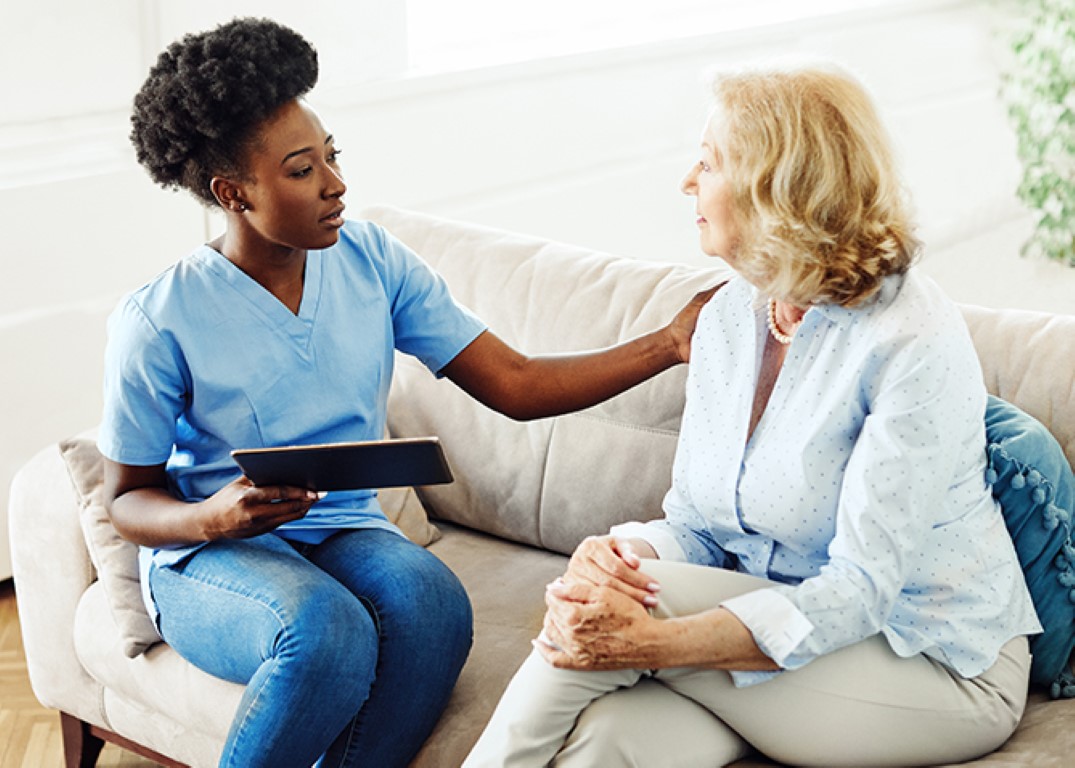Please Leave Us Feedback
"*" indicates required fields
Home health care services provide medical and non-medical support at home for those recovering from illness, managing chronic conditions, or needing ongoing assistance. This includes nursing care, therapy, and help with daily activities. Encore Caregivers specializes in customized home care services, offering skilled professionals focused on client well-being.


Home health care has evolved significantly over the years. Originally, family members were the primary caregivers. In the 20th century, formal home health services began to develop, with the establishment of home health agencies offering professional medical care in the home setting. Today, home health care is a well-established field, integrating advanced medical technology and personalized care to meet diverse needs.
At Encore Caregivers, a trusted caregiver agency, we empower individuals to live comfortably at home with personalized care plans and flexible scheduling. Our services ensure the best support for your loved ones: